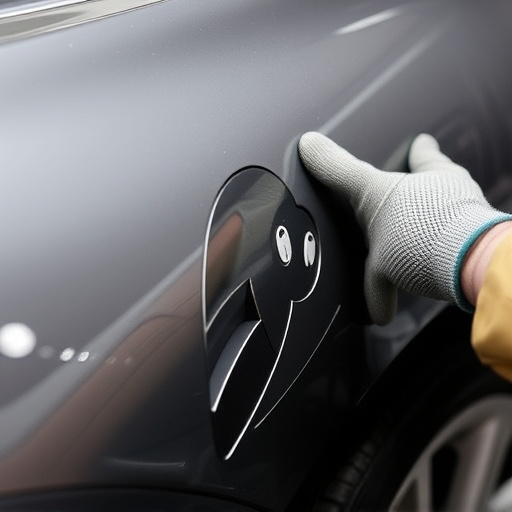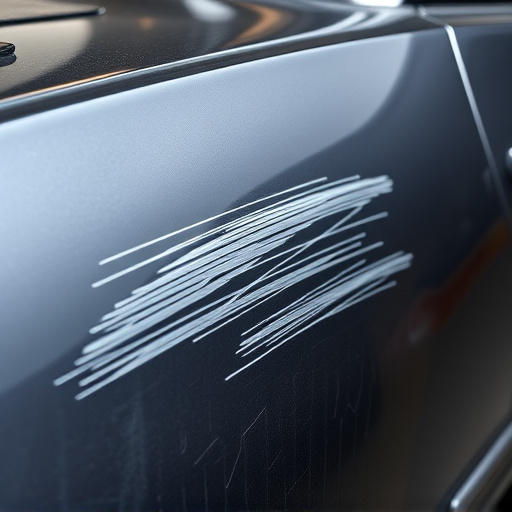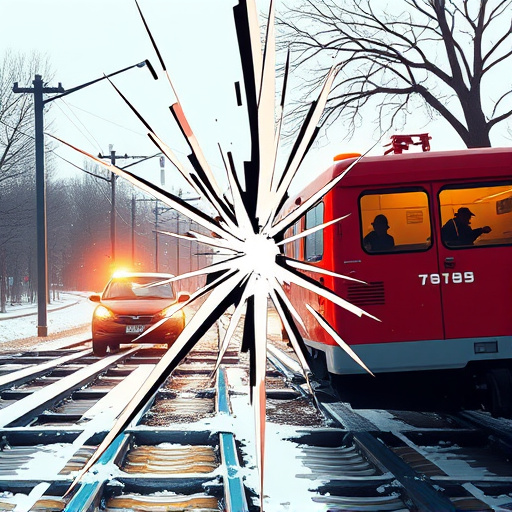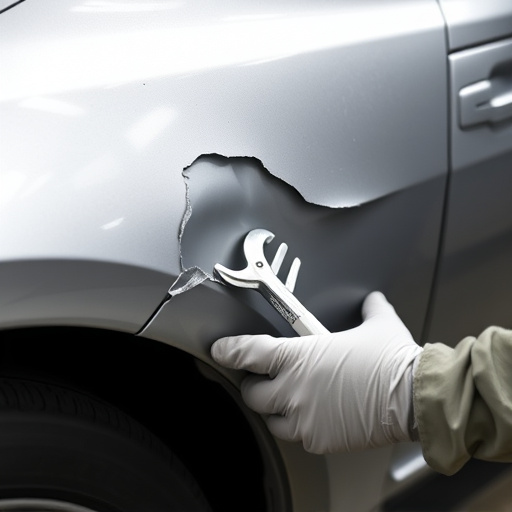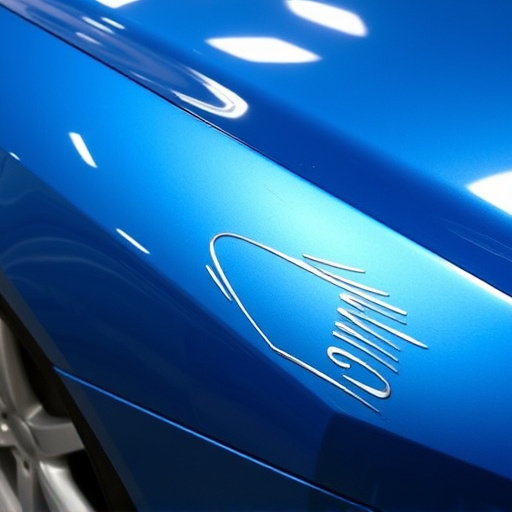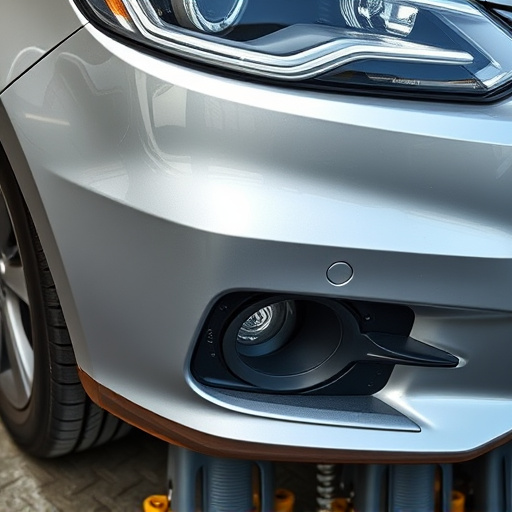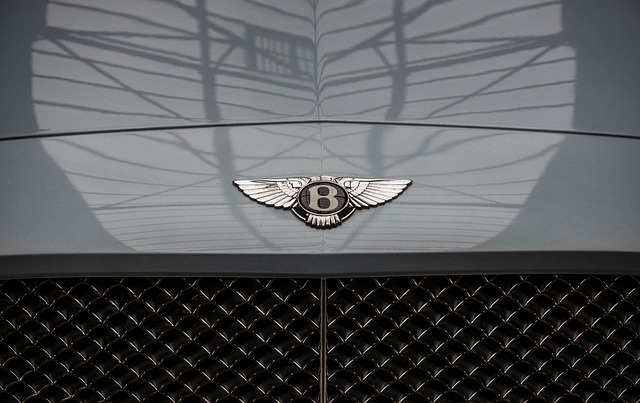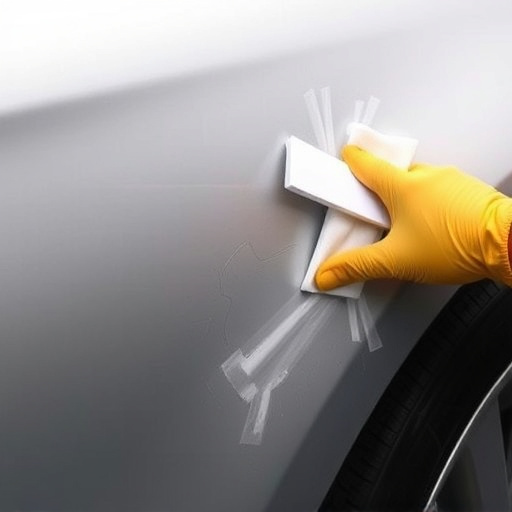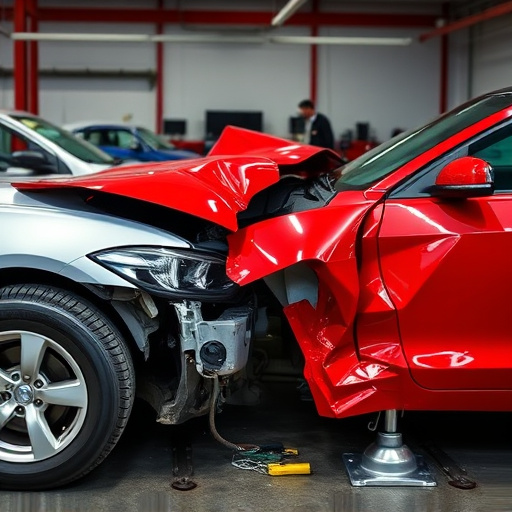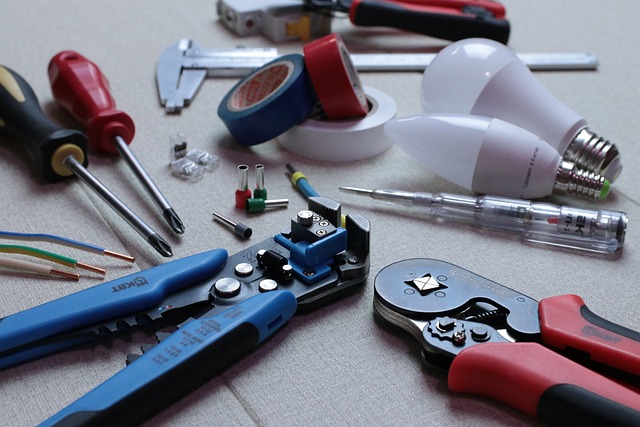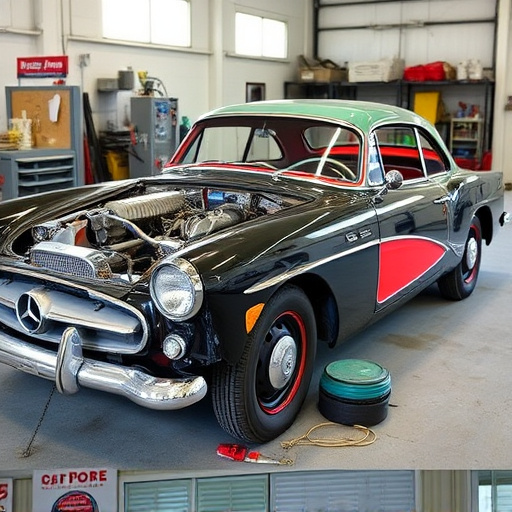Regularly inspect your Tesla's charging port for physical damage, loose connections, and frayed wires, as these are signs of wear requiring professional Tesla charge connector repair to maintain battery health and ensure safe recharging. Address performance issues like slow charging speeds and unusual noises promptly to prevent minor problems from escalating into costly collision or bodywork repairs.
“Keep your Tesla in top shape with this guide on common signs indicating a Tesla Charge Connector repair is necessary. Over time, wear and tear can take a toll on these essential components, leading to charging issues or even physical damage. Learn to identify warning signs such as visible wear, performance problems like slow charging speeds, and unusual noises or vibrations during use. By being proactive, you can ensure seamless recharging experiences for your electric vehicle.”
- Identifying Physical Damage or Wear and Tear
- Performance Issues During Charging
- Unusual Noises or Vibrations at the Connector
Identifying Physical Damage or Wear and Tear
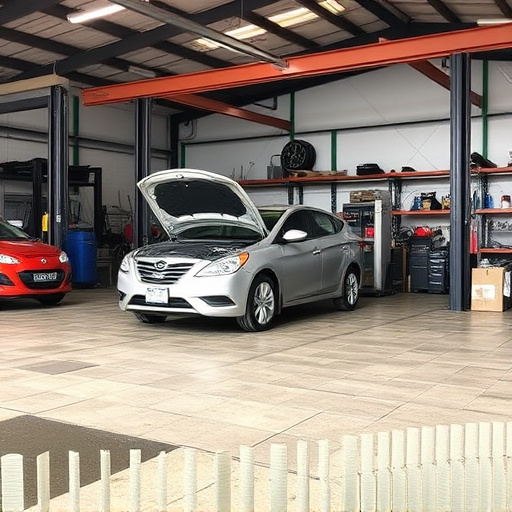
When it comes to identifying if a Tesla charge connector repair is necessary, the first step involves carefully examining the physical state of your vehicle’s charging port. Over time, this component can endure significant wear and tear due to frequent use, especially in harsh weather conditions or areas with poor road quality. Look for any signs of damage such as cracks, chips, or deformations on the connector housing, which may indicate a need for professional intervention.
Regular use can also lead to loose connections or frayed wires inside the port, causing charging issues. If you notice a decline in charging speed or experience frequent disconnections while plugging in, these could be early indicators of wear and tear that require attention from a qualified luxury vehicle repair shop. Unlike a car dent repair, which deals with superficial damage, Tesla charge connector repairs address critical components ensuring your electric vehicle’s battery stays healthy and safely connected during recharging sessions.
Performance Issues During Charging
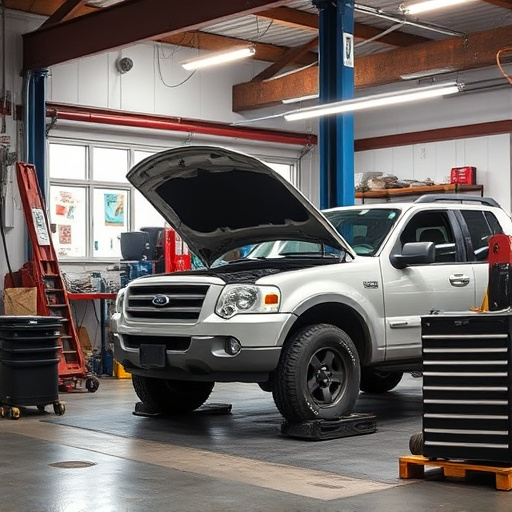
When it comes to charging your Tesla, performance issues can be a clear indicator that a repair is necessary for your vehicle’s charge connector. If you’ve noticed a slow charging process or inconsistent charging speeds, it could suggest damage or wear and tear on the connector. This issue might go beyond mere inconvenience; it could lead to longer charging times, which may not only frustrate drivers but also impact their overall electric range.
Regular auto maintenance involves keeping an eye out for such signs. Just as you’d get a car dent removal service for external issues, Tesla charge connector repair is crucial for maintaining optimal vehicle performance. In the event of a vehicle collision repair or any other damage to the charging system, it’s essential to have it checked by professionals to ensure safe and efficient charging.
Unusual Noises or Vibrations at the Connector
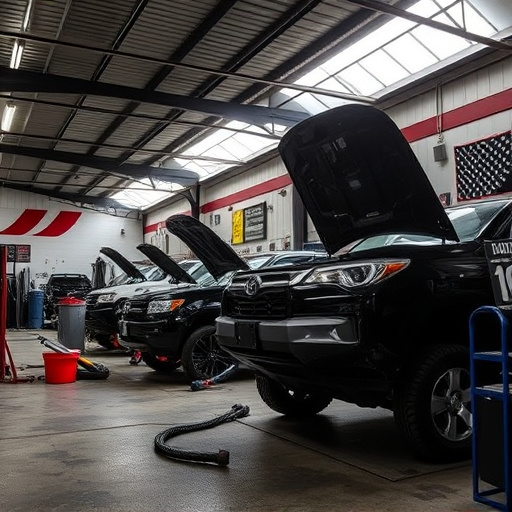
If you’ve noticed unusual noises or vibrations coming from your Tesla’s charge connector during charging, it could be a sign that a repair is needed. These sounds, which might resemble clicking, popping, or grinding, are often an indication of damage to the connector’s internal components. Over time, frequent use and exposure to varying weather conditions can take a toll on the electrical connections and protective seals within the charger.
Ignoring these odd noises could lead to more significant issues. As with any automotive repair, prompt attention is key. Tesla owners should consider regular inspections and maintenance checks to prevent minor problems from escalating into costly Mercedes Benz collision repairs or extensive car bodywork services. Remember, when it comes to Tesla charge connector repair, acting swiftly can save you time and money in the long run.
If you’re experiencing any of these common signs, such as physical damage, charging performance issues, or unusual noises from your Tesla Charge Connector, it’s clear that a repair is needed. Promptly addressing these issues is crucial to ensure optimal vehicle functionality and charging efficiency. Don’t let minor problems escalate; schedule a professional Tesla charge connector repair service to get back on the road seamlessly.
